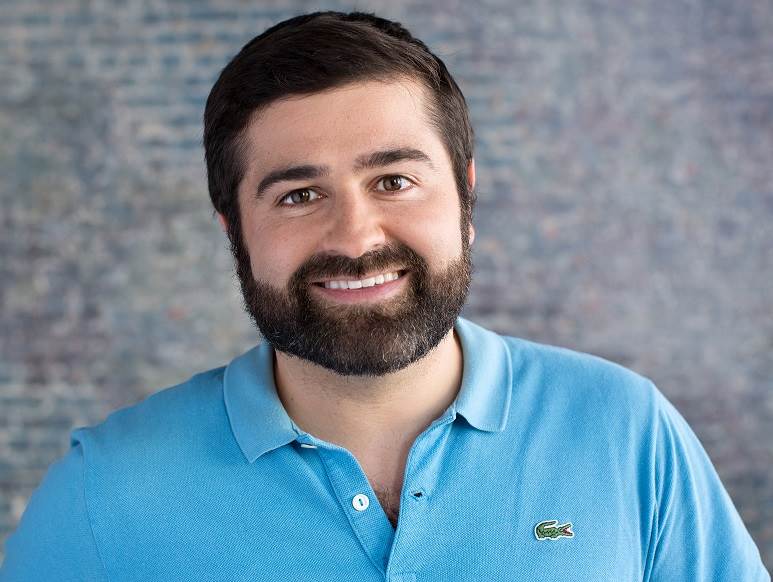Crowdfunding platform Indiegogo is looking beyond cash-starved start-ups, with international whitegoods giant Whirlpool among the big businesses using Indiegogo to drive innovation.
Indiegogo began life in 2008, targeted at small entrepreneurs looking for an injection of cash to get their big ideas off the ground.
Since then Indiegogo has helped raised more than US$1 billion across 650,000 projects from around the globe with its most successful campaign -- the honey-on-tap Flow Hive -- coming from Australia's Byron Bay.
“Indiegogo is truly global and it’s possible to be successful no matter what country you are from, as long as you prepare well and execute on your plan," says Indiegogo co-founder and chief business officer Slava Rubin.
"My advice to Australians is to start planning your campaign at least two months in advance, which includes researching similar campaigns, continually improving your campaign page, creating a video and developing a plan to contact media.”

Indiegogo co-founder Slava Rubin says crowdfunding projects require at least two months of planning before they go live.
Credit: Supplied
While Indiegogo started out funding garage dreams, it has also caught the attention of large companies which aren't in need of development funds. Instead these companies are using the crowdfunding platform as a powerful "market validation" tool to assess demand for new products and roadtest their marketing messaging, Rubin says.
Whitegoods manufacturer Whirlpool launched its second Indiegogo project at the recent CES 2017 electronics show in Las Vegas; the Zera Food Recycler which reached its funding goal within four hours. The Zera follows on from Whirlpool's launch of its Vessi beer fermentor and dispenser on Indiegogo in mid-2016.
These ventures into new product categories sprung from Whirlpool's innovation arm WLabs, which is using Indiegogo to offer early adopters discounted access to preview products in return for their feedback. Whirlpool is participating in Indiegogo's enterprise crowdfunding program, along with corporate giants such as General Electric and Hasbro, but Rubin says the benefits of Indiegogo are open to all businesses and extend well beyond funding.
"Businesses of all sizes which use Indiegogo soon discover that along with the funding from backers comes a wealth of valuable information," he says.
"This information can range from assessing product demand, pricing structures and customer demographics to obtaining user feedback which can help influence product designs."
Large businesses tend to "play defence instead of offence", Rubin says, and can find it difficult to innovate for fear of jeopardising their success and disappointing shareholders. Meanwhile small-to-medium sized businesses might be more nimble but they can lack the in-house resources to handle key product development steps such as market validation.
Feedback from Whirlpool's Indiegogo backers helped hone the design of last year's Vessi beer fermentor and dispenser before the final product was released to the general public, says Mike Maxwell, senior operations manager at Whirlpool's WLabs.
As Whirlpool's innovation arm, WLabs' role is to develop new products outside the whitegood maker's traditional areas in order to meet untapped consumer demand. While WLabs doesn't face the funding restrictions of a start-up, Maxwell says the ability to interact directly with early adopters makes Indiegogo a powerful product development tool for both WLabs' engineers and its business development managers.
"Indiegogo isn't just about finding early sales," Maxwell says. "We continue to engage with our backers after they receive the product, which helps us refine our product ideas and understand what people love about our products as well as how they use them."
"We actually made design changes based on the feedback that we got from the Indiegogo backers but, beyond product development, using Indiegogo has also helped us better understand these new market spaces to improve our chances of success."
Adam Turner travelled to CES as a guest of LG.
Adam Turner is an Australian freelance technology journalist who covers the latest in both business and consumer technology. Formerly deputy editor of the Sydney Morning Herald’s business IT section, Adam has been writing about the challenges facing Australian ICT professionals for more than 15 years.










